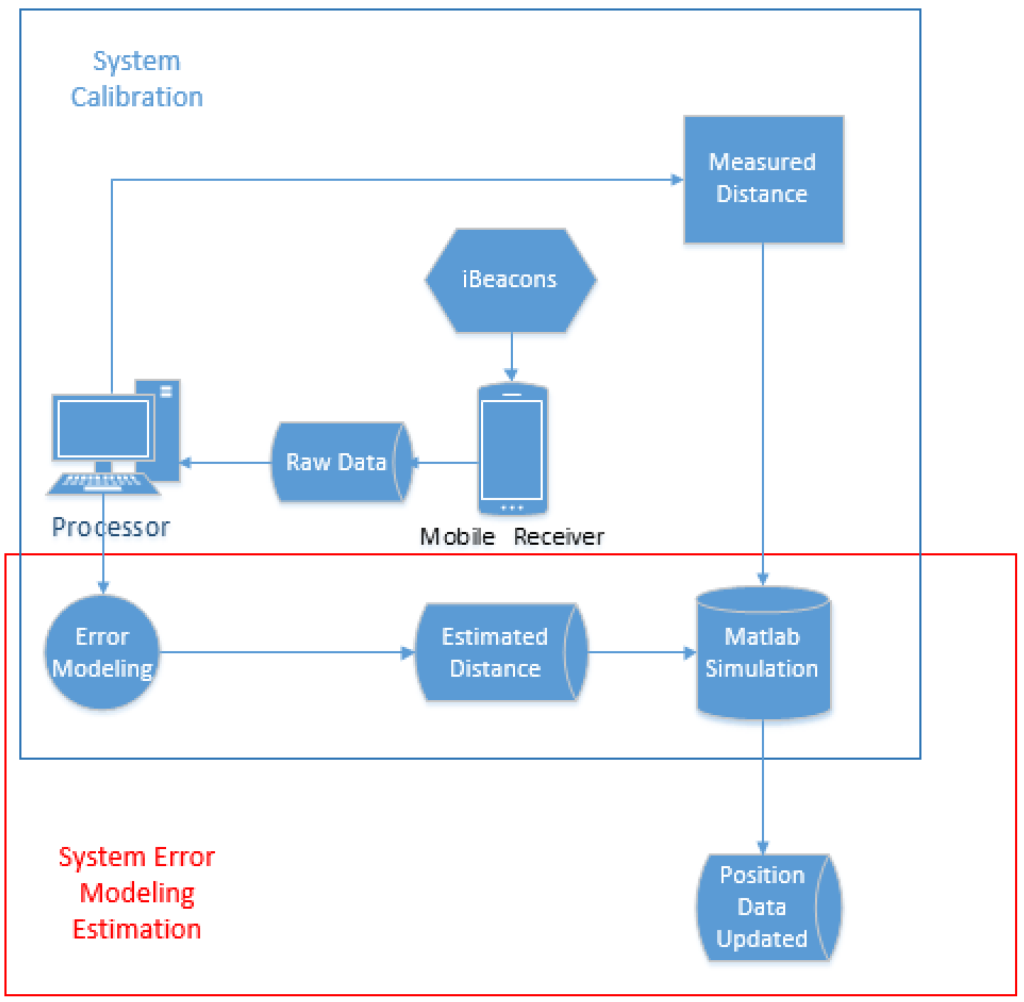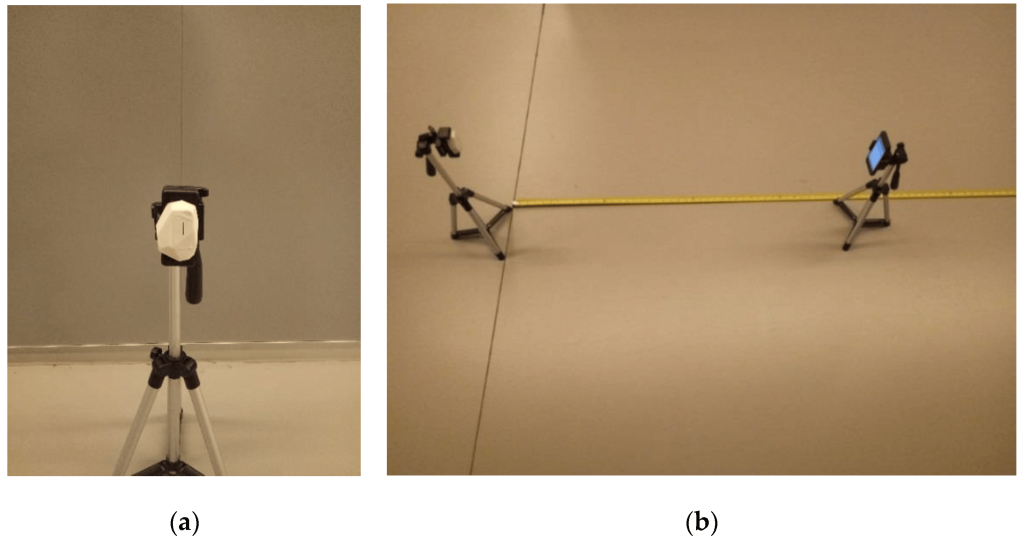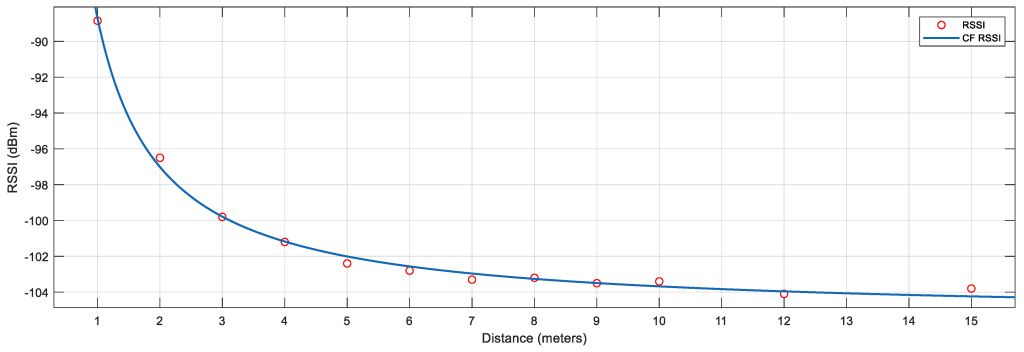Recent research A Novel Optimized iBeacon Localization Algorithm Modeling by Jiajia Shi et al, addresses the challenges in achieving high accuracy in indoor object localisation or tracking using iBeacon systems. These systems, which use Bluetooth sensors, are appealing due to their low cost and ease of setup but there can be challenges with accuracy and they can sometimes be susceptible to interference and environmental noise.
To overcome these challenges, the study focuses on developing error modeling algorithms for signal calibration, uncertainty reduction and noise elimination. The novel approach is based on the Curve Fitted Kalman Filter (CFKF) algorithms. The research demonstrates that the CFKF algorithms significantly improve the accuracy and precision of iBeacon localisation.


The paper discusses the limitations of current indoor localisation technologies, including the Received Signal Strength Indicator (RSSI) method, which is affected by multipath fading in indoor environments.

The authors propose a novel CFKF error modelling approach to enhance the estimation accuracy of iBeacon systems in field experiments. This approach includes a developed Kalman Filter (KF) state estimate algorithm based on the modified Least Squares Algorithm (LSA), a system calibration process for the RSSI and estimated distance and the CFKF error modelling for improved accuracy.